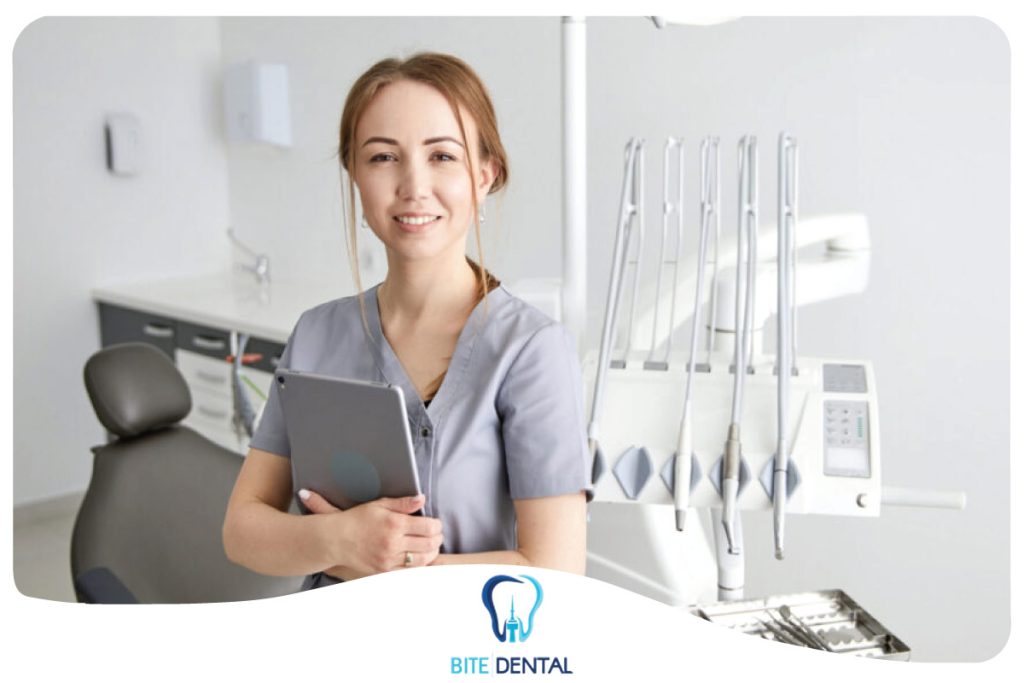Having a beautiful smile takes work. If you want a bright smile and healthy teeth, you should follow an oral health routine. That is what we call preventive dentistry.
What is preventive dentistry?
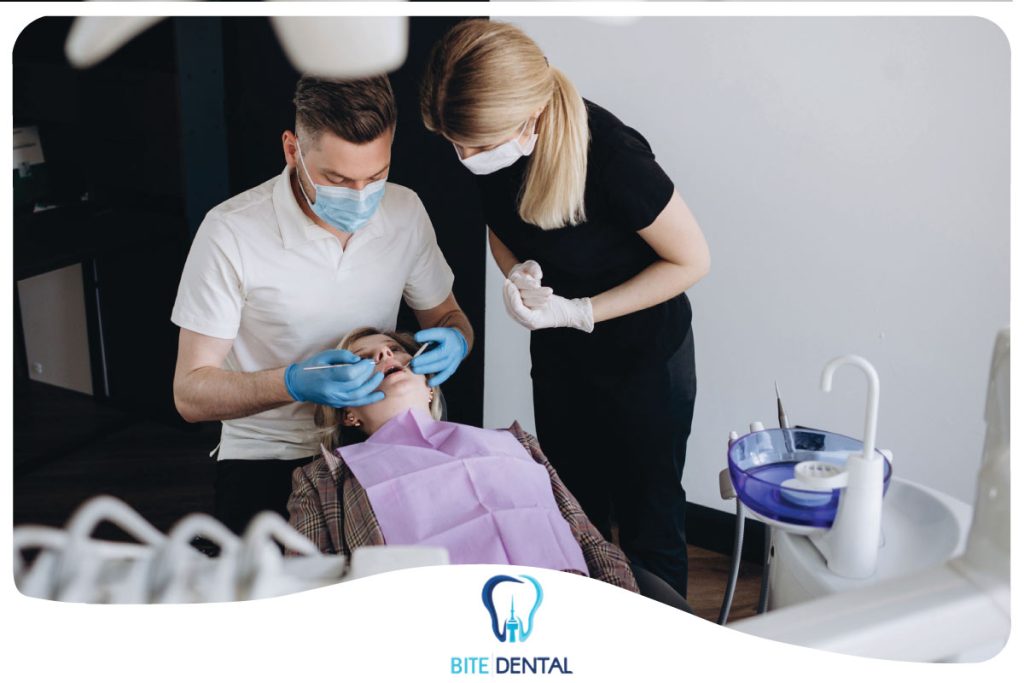
The main purpose of Preventive dental care is to help your teeth and gums stay healthy by avoiding oral health problems. In this way, you can steer clear of common dental problems like gum disease, cavities, and enamel wear. It also means you should follow everyday routines like brushing your teeth. These preventive efforts are essential for maintaining dental health and reducing the chances of more severe issues down the line.
How Well Do You Commit to Oral Care?
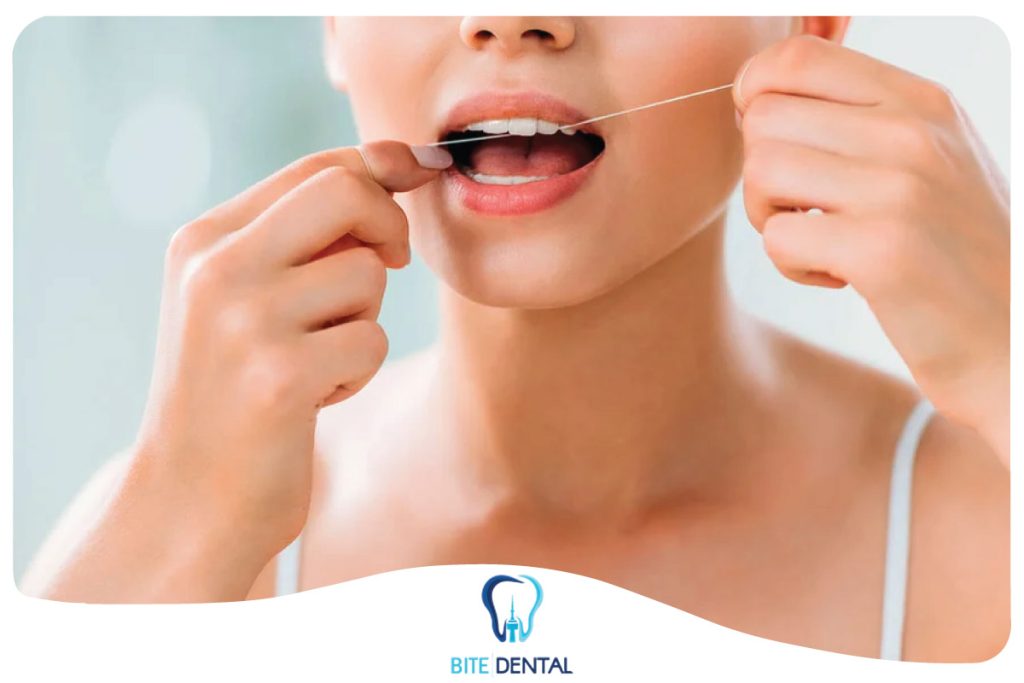
When it comes to looking after the health of your mouth, a proper oral care routine is necessary. Sometimes, it can be challenging for patients to stay on track and stay consistent with their hygiene habits, whether it be a problem with flossing every day or not brushing for long enough. Have you been sticking to a proper oral care routine? Whatever the case may be, it’s helpful to be reminded of the importance of preventive dentistry from time to time.
What is a complete at-home oral care routine?

- Brushing twice daily, for at least two minutes at a time
- Brushing every surface of every tooth, including hard-to-reach back areas
- using a mouthwash with anti-bacterial properties and fluoride
- Brushing or scraping your tongue to remove bacteria daily
- Flossing daily, bringing the floss below and up the gum line on every side of every tooth
- Changing Toothbrush every 3-4 months
- Eating a healthy, balanced diet with controlled sugar consumption
The Advantages of Preventive Dental Care
Taking care of your oral hygiene through preventive measures offers significant benefits for everyone. Here are some key advantages of practicing preventive dental care:
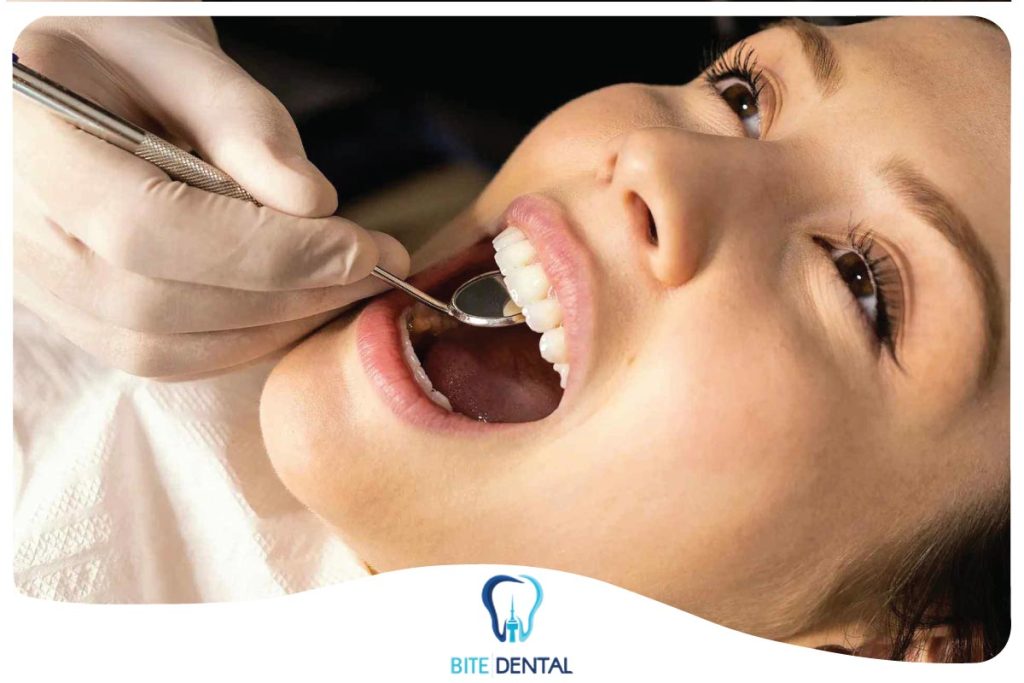
Cost Savings
Preventing dental problems is more economical in the long term. Preventive dental services, such as regular cleanings and exams, are generally affordable and a wise investment in your health. Many dental insurance plans, including the Canadian Dental Care Plan (CDCP), offer substantial coverage for these essential services.
Early Problem Detection
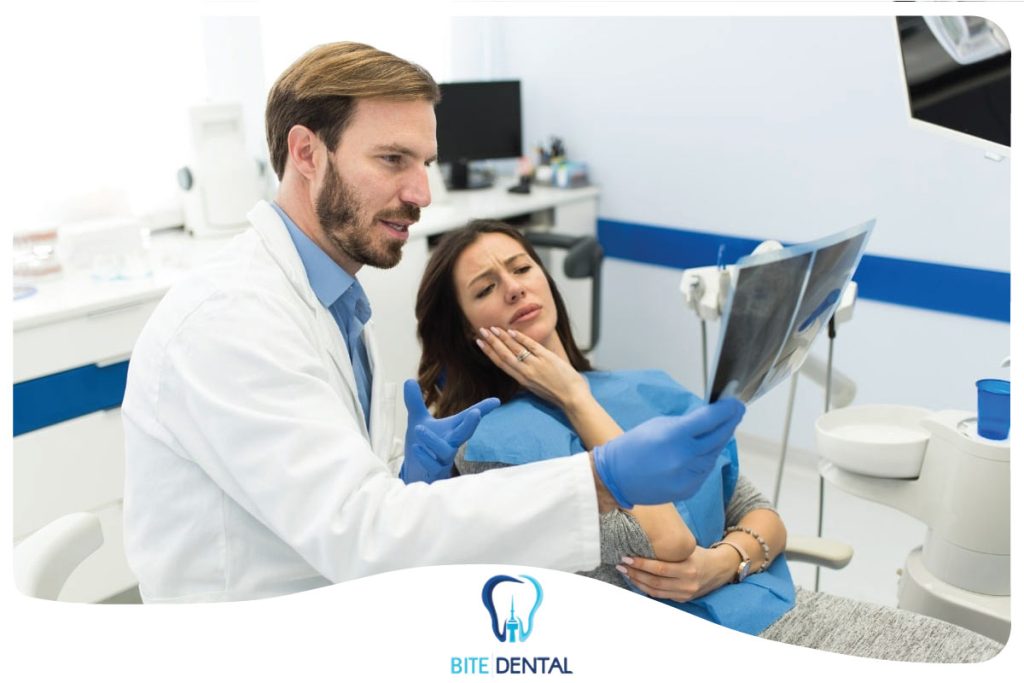
Preventive dentistry allows for the identification of dental issues before they escalate. Addressing problems early on not only saves you time and money but can also be critical to your health. For example, detecting oral cancer (by oral cancer screening) in its initial stages can be life-saving.
Improved Dental Experience
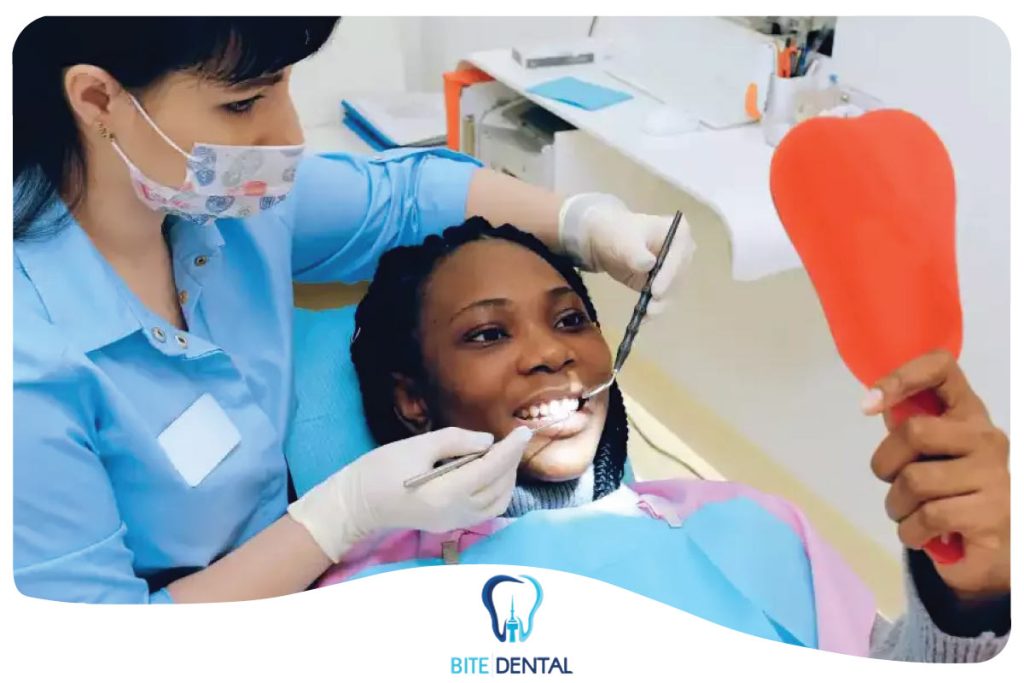
Engaging in preventive dentistry leads to more positive experiences at the downtown Toronto dentistry. Keep your teeth and gums in good condition so you can focus on enhancing your smile rather than dealing with dental issues.
Link to Overall Health
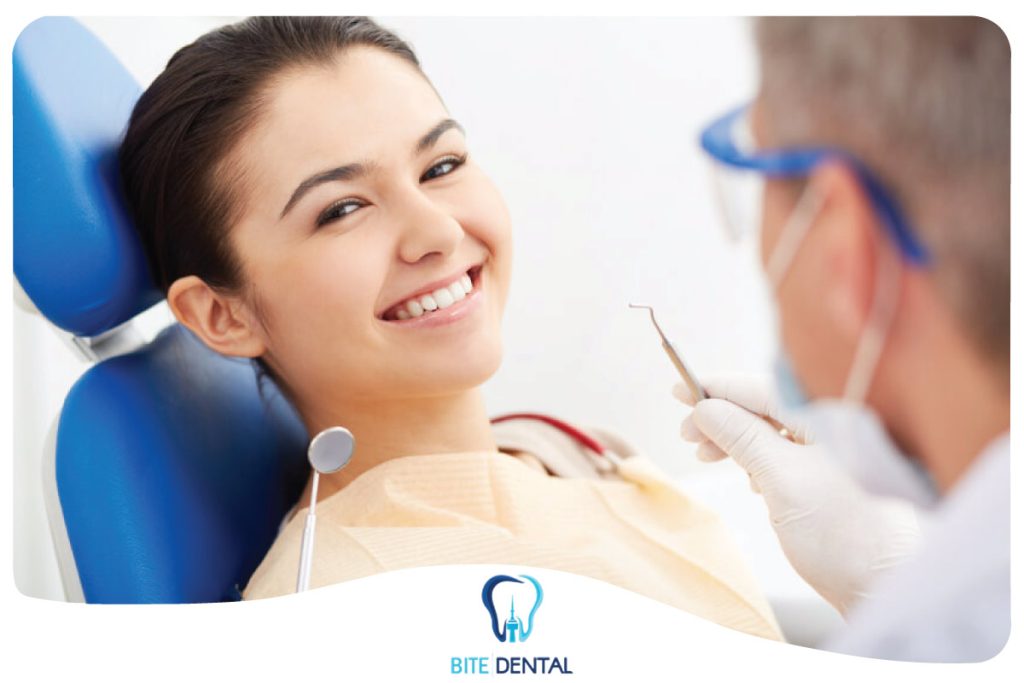
Maintaining good oral health is really important for overall well-being. Your mouth serves as an entry point to the rest of your body, and infections here can spread to other areas. Proper dental care can help reduce the risk of developing broader health problems.
Reduced Need for Dental Visits
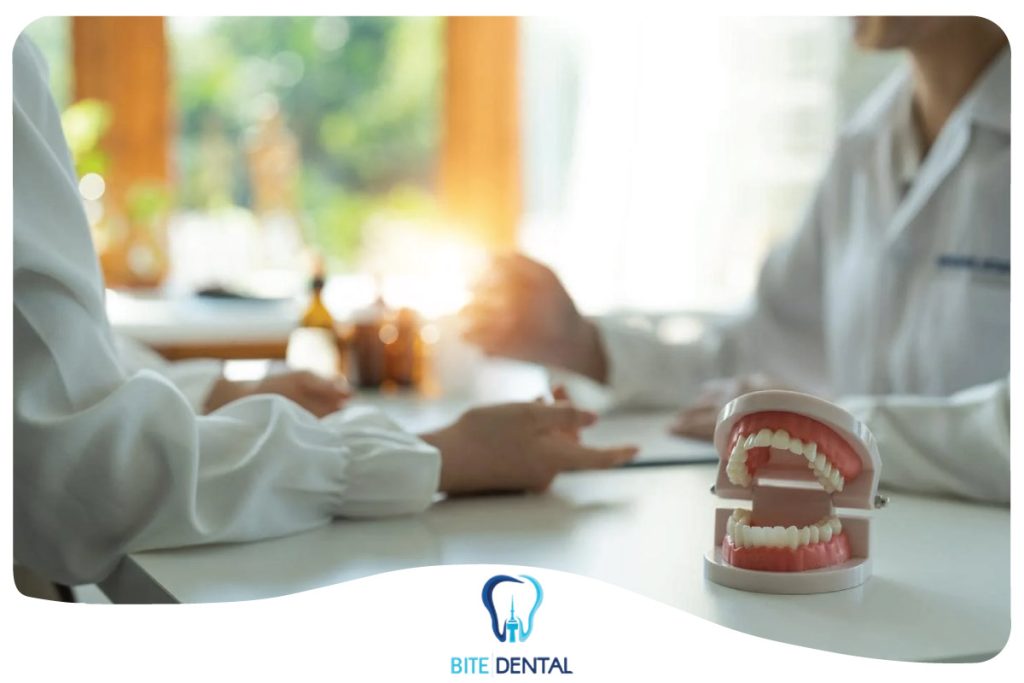
Regular check-ups help control additional treatment needs, meaning fewer trips to the best dentist clinics. You’d better address issues before they develop so that you can avoid unnecessary discomfort and keep a healthy mouth.
Preservation of Natural Teeth

Preventive dentistry is vital for keeping your natural teeth intact. If you want your teeth and gums to last a lifetime, keep them healthy. Then, you can enjoy your favorite foods, speak clearly, and smile with confidence.
Cosmetic Advantages
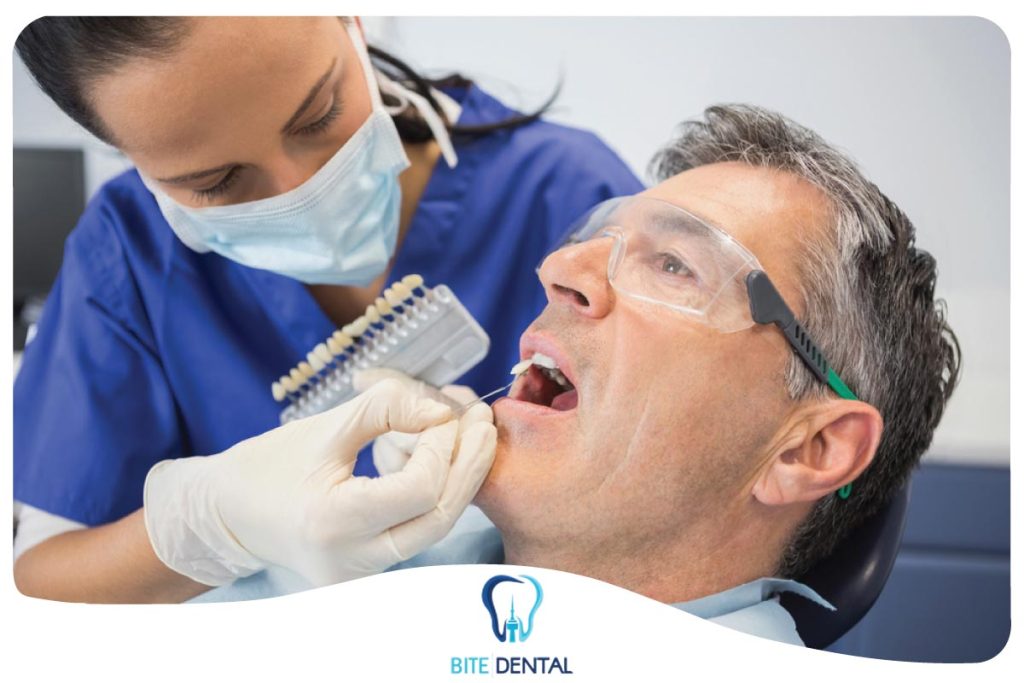
Preventive dentistry also improves the appearance of your smile. A well-maintained mouth results in a brighter, more attractive smile, helping you look and feel your best.
Investing in preventive dentistry is a good way to protect your health, save money, and enjoy a lifetime of beautiful smiles.
Preventive Dentistry Extends to the Dentist’s Office
In addition to practicing a good oral hygiene routine at home, a patient must schedule check-ups and cleaning appointments with their dentist every six months or as necessary.
During a routine professional cleaning, the dental hygienist will use special dental tools to scrape away bacterial buildup and polish the surfaces of the teeth so that they become smooth and hard for bacteria to adhere to. The dentist or hygienist will briefly go over your medical history with you, and will ask you about any concerns you may have with your mouth. They will check your mouth for any problems and may take X-rays to get a better look. Your dental care provider is always willing to demonstrate cleaning techniques or offer advice on how you can improve your oral care routine at home.
Good Oral Health: It’s Simple!
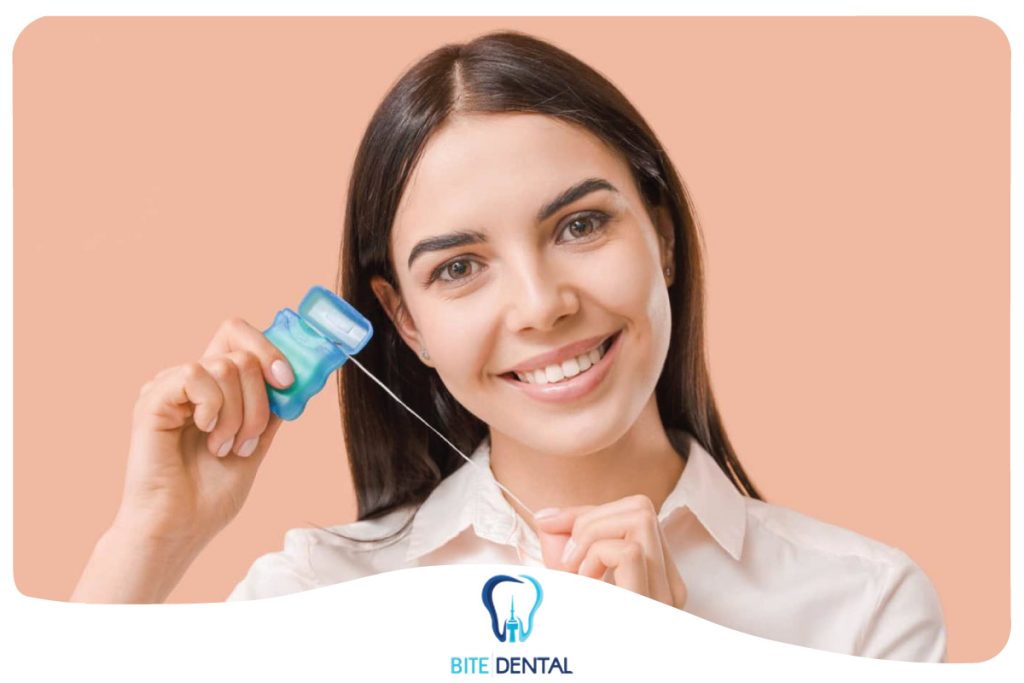
Protecting yourself from tooth decay and other dental issues doesn’t need to be complicated. Just ensure that you commit to a proper care routine every day and don’t skip out on professional cleanings and check-ups with your dentist and hygienist!
Our Dentists Love to Hear from You
